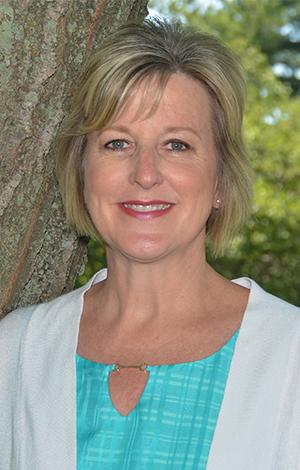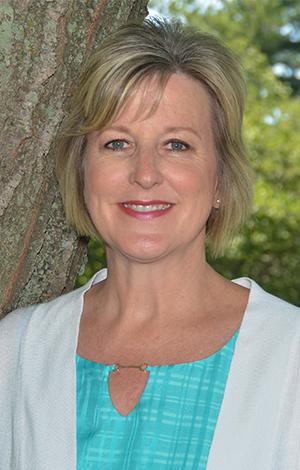
Credit: MU News Bureau
COLUMBIA, Mo. – Medication reconciliation is a safety practice to identify medication order discrepancies when patients transition from hospitals to nursing homes. Nurses serve on the front lines of this practice, yet not all nurses have the same education and preparedness to ensure resident safety. Now, nursing care experts from the University of Missouri have found that registered nurses (RNs) are better equipped compared to licensed practical nurses (LPNs) to identify discrepancies that could cause residents harm.
"Complications from medication order discrepancies pose a real risk to nursing home resident safety," said Amy Vogelsmeier, associate professor in the MU Sinclair School of Nursing and lead author of the study. "Knowing how nursing home staff, especially nurses, are handling medication orders can help nursing homes improve care and ensure that residents are safe."
The research team looked at how RNs and LPNs described their roles in medication reconciliation and their rationale for identifying medication order discrepancies. The researchers interviewed nurses working in 12 different Midwestern nursing homes.
Nurses reported varying demands in regard to reviewing medication orders, such as communicating with hospital staff or considering nursing home rules and regulations. However, when performing medication reconciliation RNs were more concerned about accuracy, safety and knowing the resident's clinical condition. They found LPNs were more concerned about time and more likely to make assumptions about medication orders. In addition, LPNs were more likely to fail to recognize the complexities of residents' medical conditions and rely on rules to guide decisions.
"Both RNs and LPNs serve as valuable assets to nursing homes and play critical roles in improving resident care," Vogelsmeier said. "However, RNs offer a unique contribution to complex processes such as medication reconciliation because of their education. Nursing home leaders must acknowledge the differences and make certain the most qualified practitioner is assigned to handling medication orders to ensure residents remain safe."
###
"A qualitative study describing nursing home nurses sensemaking to detect medication order discrepancies," was published in BMC Health Services Research. Assisting with the research from MU were Lawrence Ganong, professor of nursing and chair of the Department of Human Development and Family Sciences; Allison Anbari, former doctoral student; and MaryAnn Niemeyer, current doctoral student. Other co-authors were Ruth Anderson, professor and associate dean for research at the University of North Carolina at Chapel Hill; and Armany Farag, assistant professor at the University of Iowa. The study was funded by the National Council State Boards of Nursing.
Media Contact
Sheena Rice
[email protected]
573-882-8353
@mizzounews
http://www.missouri.edu
Original Source
http://munews.missouri.edu/news-releases/2017/1101-registered-nurses-can-play-key-role-in-identifying-medication-issues-to-improve-nursing-home-care/





